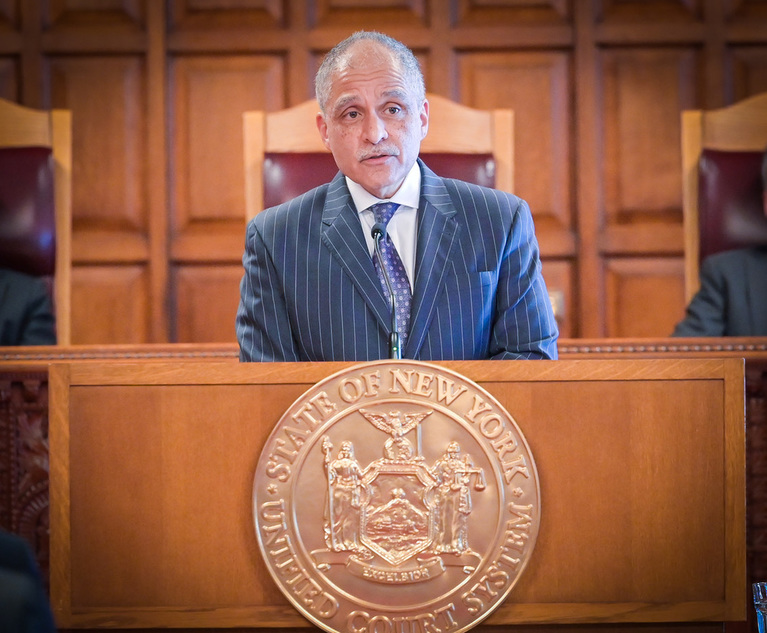One of the most daunting challenges for employers during the COVID-19 pandemic has been selecting the optimal course to address and respond to unforeseeable circumstances arising in the workplace. For example, many employers have been required to implement new social distancing measures or contact tracing policies, take the temperature of employees, or altogether restrict access to visitors. Given the dearth of extant action plans serving as precedent to guide them through this type of emergency, employers have frequently been required to make decisions more expeditiously than they would like. And, where a labor union represents the employer’s workers, the employer’s legal obligation to notify and bargain with the union adds an additional layer of complication to the decision making process.
Under the National Labor Relations Act (NLRA), employers must notify their employees’ unions and provide an opportunity for meaningful bargaining before implementing any material change to the terms and conditions of employment. An important exception to that bargaining obligation exists where the employer’s authority to act is spelled out in a provision of a collective bargaining agreement (CBA), for example, in the agreement’s so-called management rights clause. As discussed below, in a very narrow range of situations, the National Labor Relations Board (NLRB) also recognizes the right of employers to act unilaterally when faced with certain emergencies even where the CBA is silent on the issue, and even without first notifying and bargaining with the union.


 Jeffrey S. Klein and Nicholas J. Pappas
Jeffrey S. Klein and Nicholas J. Pappas




